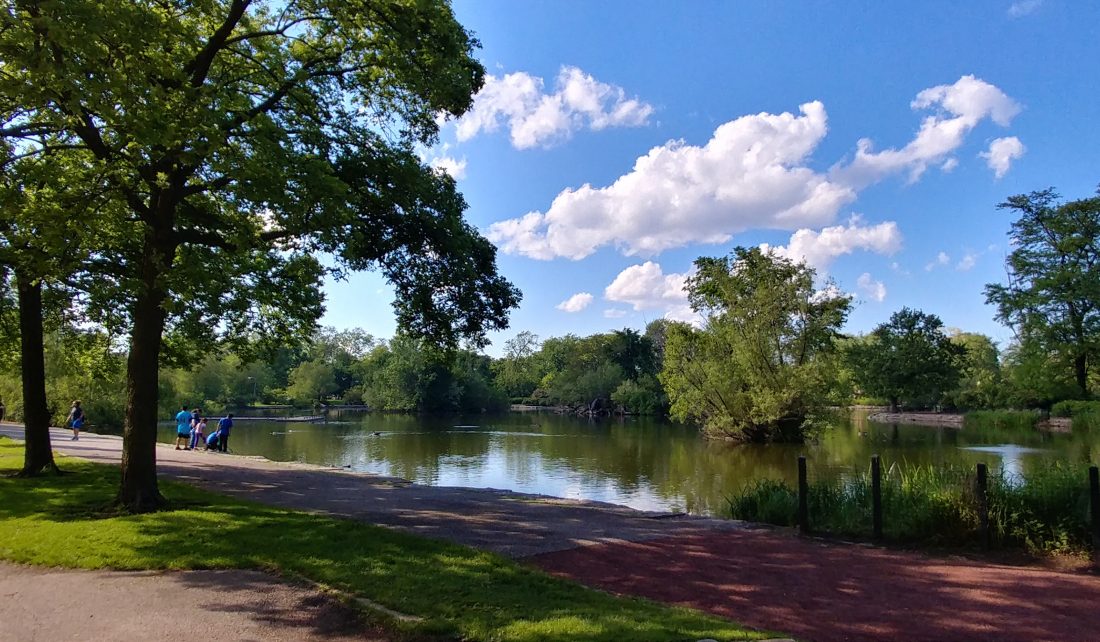

(University of Illinois at Urbana-Champaign/L. Brian Stauffer)
In this episode of Teach Me About the Great Lakes, titled “The Hamster Wheel of Rumination,” Illinois-Indiana Sea Grant’s Stuart Carlton and Irene Miles talk with Kuo, a professor of natural resources and environmental sciences, who has studied how natural environments relate to healthy human functioning. She explains how finding ways to truly relax, or to be awestruck, can help support us through this time, and in general.
Teach Me About the Great Lakes is a monthly podcast in which Carlton—a social scientist who grew up in the South near the Gulf of Mexico—asks people to explain the biology, ecology and natural history of the Great Lakes. A new episode will be released on the first Monday of each month. The latest episode is embedded below.
Love this episode and want to hear more in the future? Subscribe on Apple Podcasts or Spotify, or use the RSS feed in your favorite podcast player.
If you have questions you want answered about the Great Lakes, reach out to @TeachGreatLakes on Twitter or email Stuart Carlton at jsc@purdue.edu.
Illinois-Indiana Sea Grant is a part of University of Illinois Extension and Purdue Extension.

